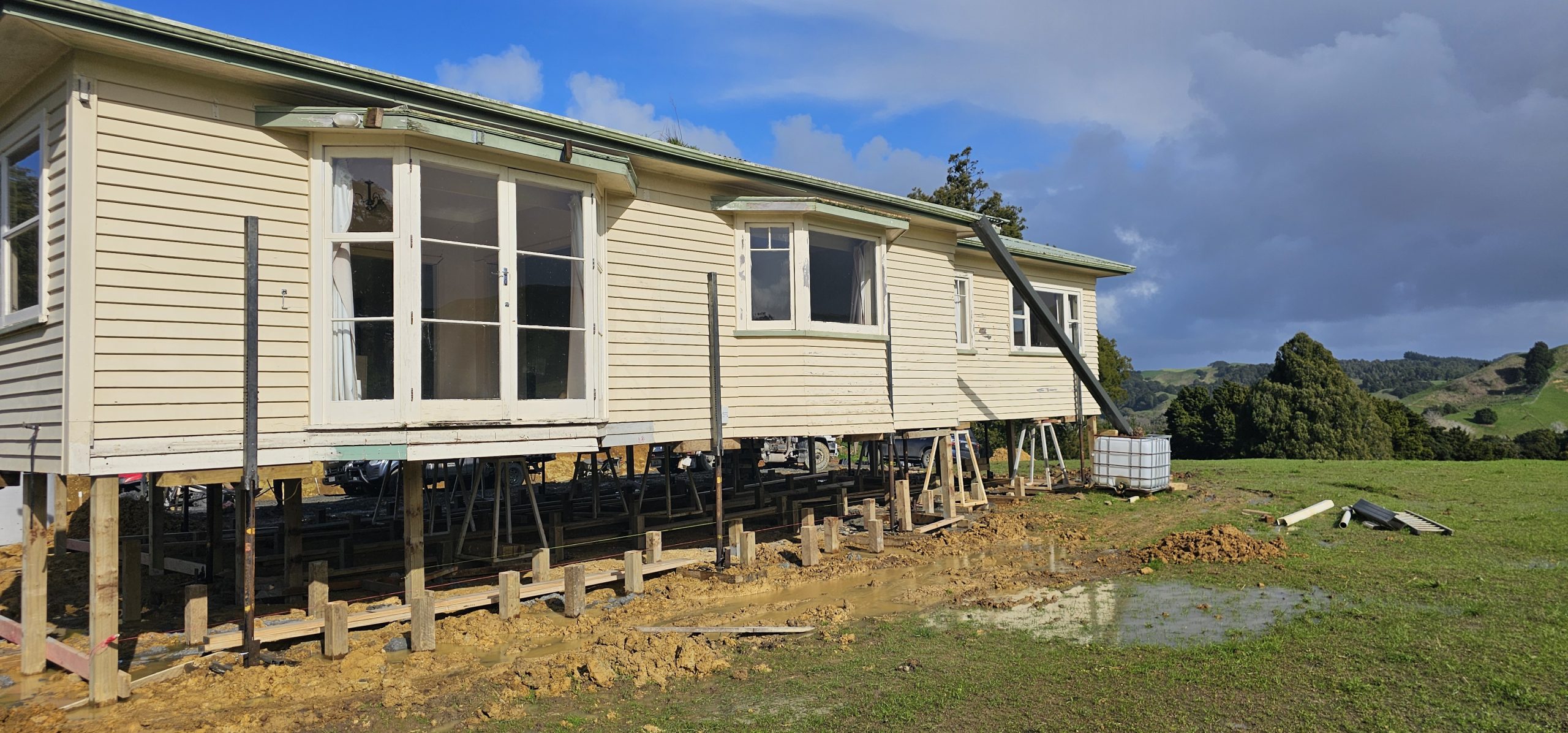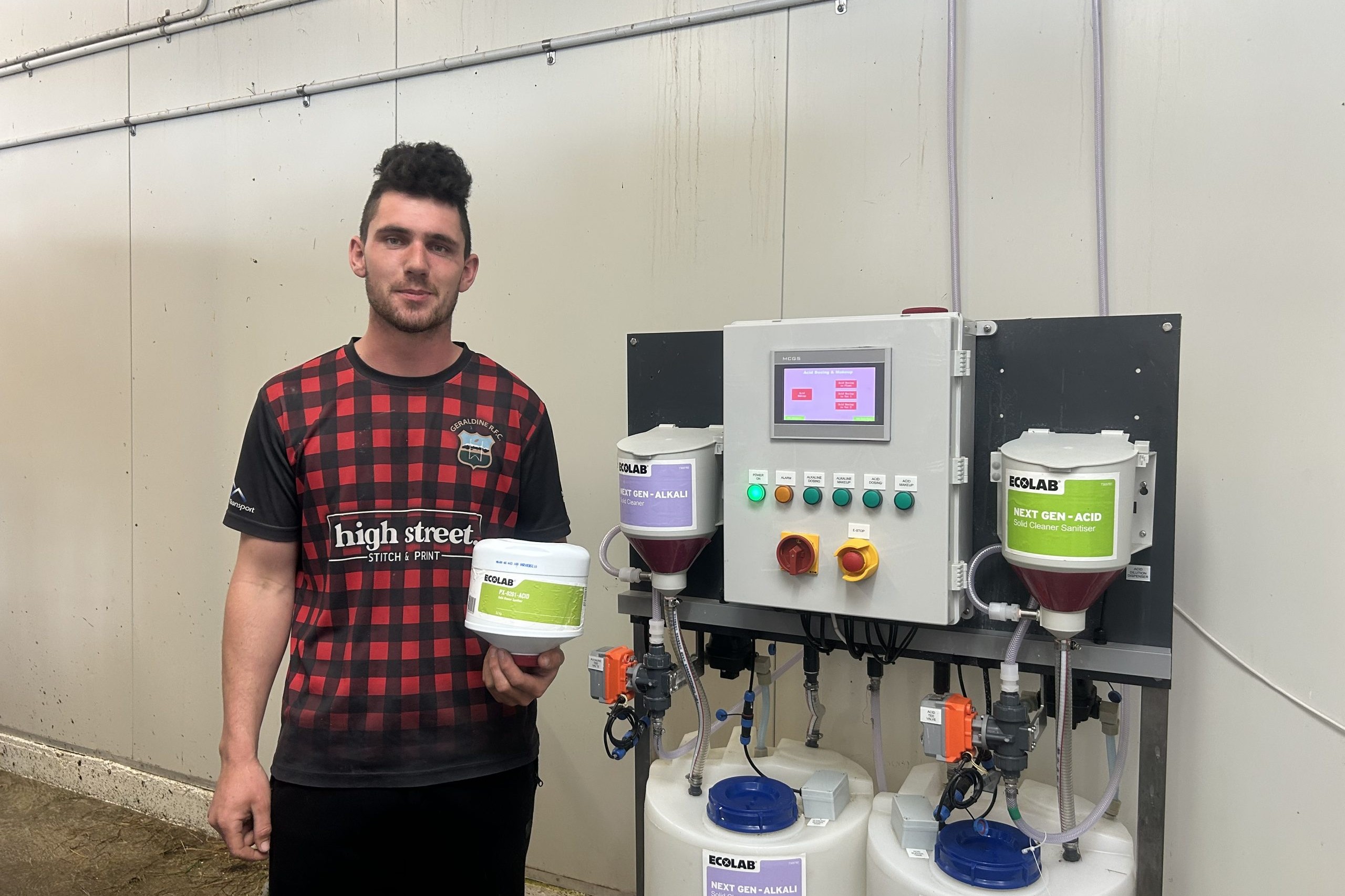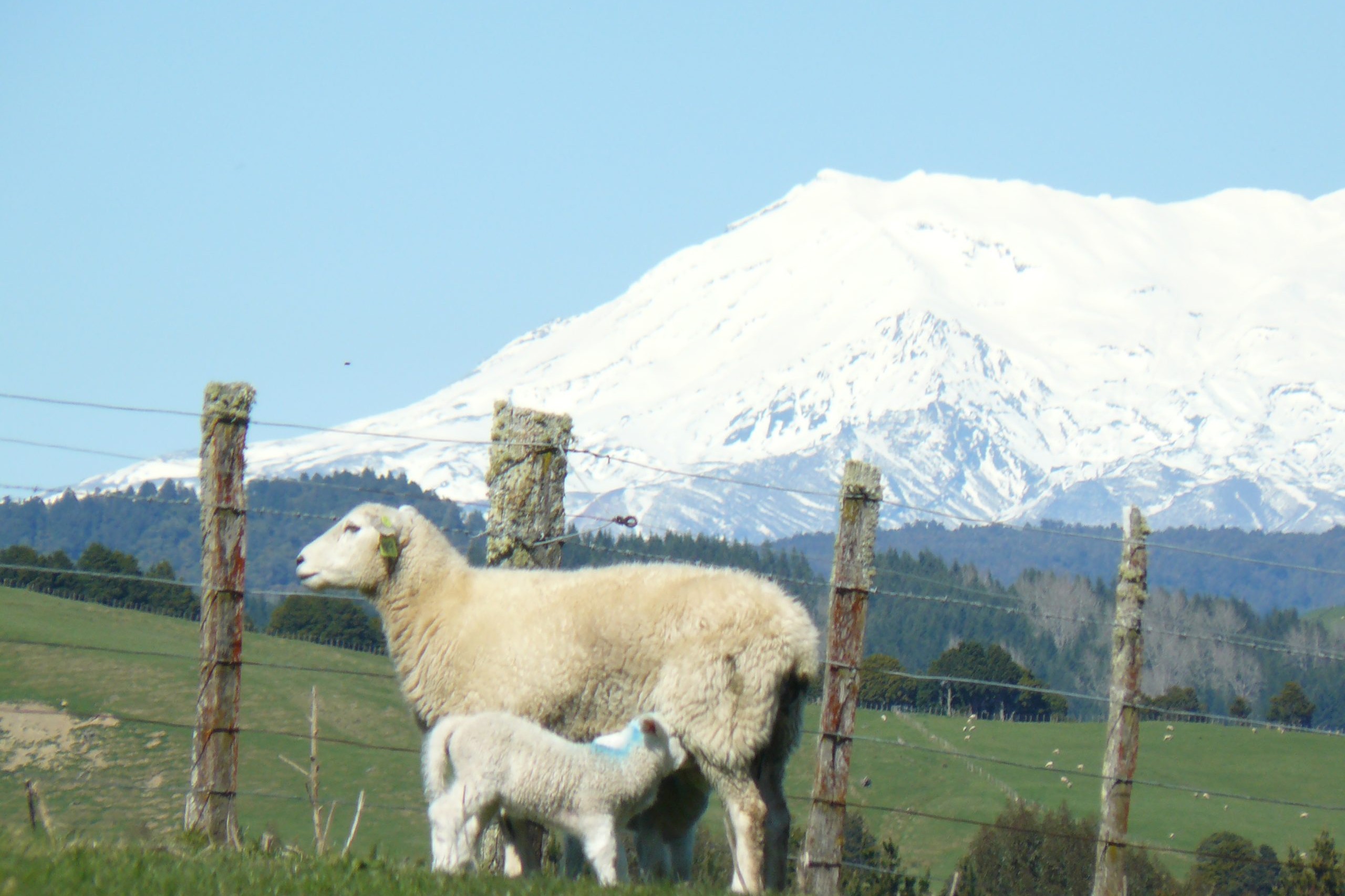Pre-loved as Farm Accommodation
From lower costs to a faster, liveable solution, second-hand houses have multiple advantages when contemplating accommodation on farm. Words Sheryl Haitana.

Farmers looking to build a new house on farm for themselves or staff accommodation should consider relocating a second-hand house with ‘good bones’.
Sheep and beef farmers Tom and Becks Jackson own Waikato Building Relocators and are passionate about sourcing top-quality houses that can be shifted anywhere around the North Island.
“We buy really solid houses with good bones that are going to be there in another 100 years,” Becks says.
“Relocating a second-hand home will cost approximately $700–$1,000/sq m, compared to a new build, which costs north of $3,000–$4,000/sq m.” – Tom Jackson, Waikato Building Relocators
There are many advantages to a second-hand house, and why they make an excellent case for farmers looking for housing solutions, Tom says.
Relocating a second-hand home will cost approximately $700–$1,000/sq m, compared to a new build, which costs north of $3,000–$4,000/sq m.
The fixed costs of a new building site remain the same, but the turnaround of getting a second-hand house on site and liveable is a lot faster than a new build, he says.
“We can move and pile a house within two weeks. Some of these houses have been renovated inside, and some need a bit of work. We only buy good-quality homes.”
Tom and Becks own a 400ha sheep and beef block at Te Akau running 1,000 ewes, finishing lambs and rearing 300 bull calves for dairy industry sires.
They know first-hand how important good accommodation is on farm, particularly when attracting good staff to your business.
“The days of sub-standard accommodation on farm are gone; a good house is a key part of a salary package today and imperative to attracting good staff and retaining them,” Tom says.
Their own home is over 100 years old, which they have renovated, and they’ve also relocated a beachfront bach from Pauanui onto their farm for a staff house. They are committed to the conservation and preservation of older or pre-loved buildings.
The second-hand houses are a good look in the countryside, believes Becks.
“An older weatherboard house, for example, suits the country and I think farmers enjoy the history and memories that come with these houses.

“Each home has a tale. We believe that relocating these homes is not just about moving buildings, it’s about moving lives, preserving memories, and creating new ones for a sustainable future.”
The environmental benefits of finding a second life for these old houses is another drawcard for farmers, Tom says.
“Demolition and construction waste is 40–50% of total landfill and there is a real push from developers and the wider industry to make an effort to salvage as many houses as they can.”
House relocation is one of the oldest forms of recycling, he says.
“By choosing to move a house, you help reduce waste and conserve the resources typically used in building a new home.”




